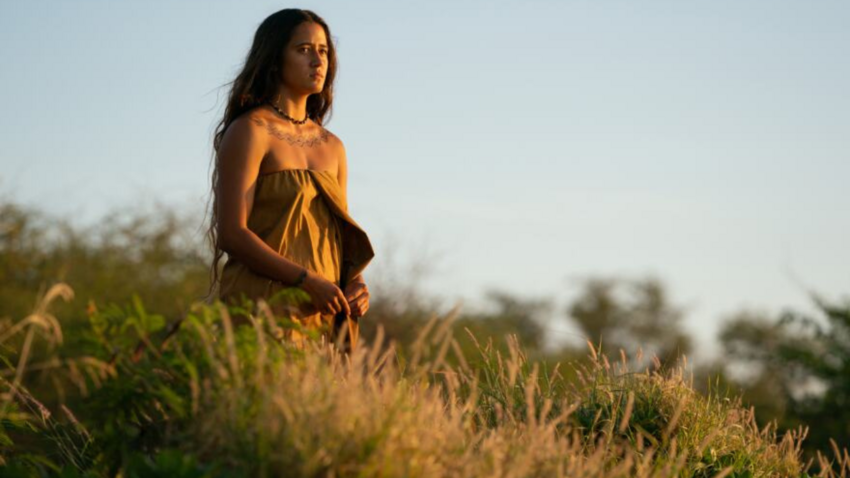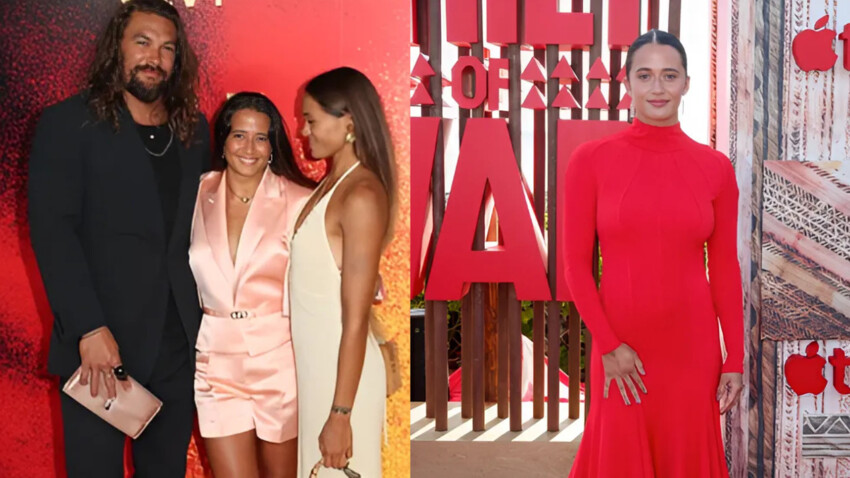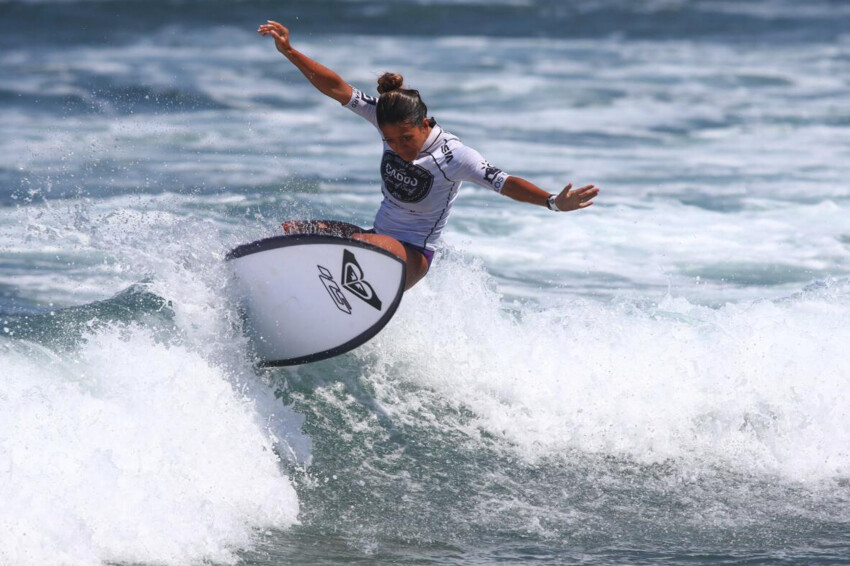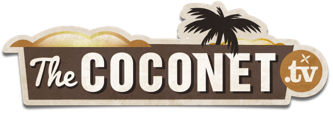WOMEN OF THE ISLANDS - MAINEI KINIMAKA

Can you please introduce yourself, your culture and where you're from?
Aloha kākou, ʻo Maineialoha Kinimaka koʻu inoa. No Anahola, Kauaʻi mai au.
Aloha, my name is Mainei Kinimaka and Iʻm from Anahola on the island of Kauaʻi.
Surfer turned Filmmaker - what was your journey into filmmaking like?
I had a pretty unique journey into filmmaking, given that Iʻm from Kaua’i, which is a place that not many filmmakers have come from so far. I grew up in a family of waterman and women, and so surfing was the foundation of my childhood, and it was the first pathway that introduced me to photography and visual arts.
The ocean has always been a huge inspiration to me, as has been Kauaʻi and it’s natural environments, but most of all I would say it’s the people of Hawaiʻi that inspire me the most in the stories that I tell. I was lucky enough to be mentored by Jason Momoa from the age of 19, and that was my official pathway into working hands-on in the film industry.
If it was not for Jasons kindness and desire to grow and invest in to the next generation of Hawaiian actors in filmmakers, I would definitely not be where I am today.
Why was it important for you as an indigenous woman to take up telling your peoples stories?
As an indigenous woman, it’s important to take up telling our people stories because our perspectives have been the least to be explored, the least to be heard, and also the least to be felt by other indigenous women around the world.
I truly believe that our perspective is so broad, unique and transformative, that it has so much power to change peoples perspectives and mindsets, while providing a pathway to understanding and healing. To me, the most powerful thing about being a storyteller is that you’re able to provide a space where people can sit down and watch something, yet see themselves in characters they’ve never met. I believe its a powerful tool to open discussions around complex topics and emotions.
Chief of War is a huge project rooted in Hawaiian history — what did it feel like to step into a story so close to your ancestry?
To step into a story so close to my ancestry was both a huge honor, and a huge responsibility, or Kuleana, as we say in Hawaiʻi. Being that this was the first project of itʻs kind, there was a huge expectation and huge responsibility for accountability and accuracy.
Even more, there was a feeling of needing to give everything that you possibly could give to the project. Although we say it’s a responsibility, what it really is, is a privilege and a blessing, and I feel so honored to have been a part of some thing that’s going to be much bigger than all of us combined.
I know this project is only the beginning for Hawaiʻiʻs stories, and I think the biggest take away will be all of the new storytellers, actors, writers, directors, and producers that will sprout up from our next generation.
As someone who grew up immersed in Hawaiian language, hula, surfing, and storytelling — did you feel a sense of responsibility stepping onto that set?
Interestingly enough, I actually didn’t grow up with ʻōlelo Hawaiʻi. Like many of us Pasfika peoples, Hawaiʻi has its own history with the intentional erasure of our language. That being said, that exact lack of Hawaiian language in my youth gave me intense passion to learn it in my early adulthood.
I started learning at the age of 18 just after graduating high school. I went to public schools here on Kauaʻi, and there was no Hawaiian language offered in any of those institutions at the time.
So afterwards I pursued Hawaiian language classes through the university of Hawaii, as well as all the books and all the online resources I could get my hands on. Being a part of the show and getting to combine my passions for Hawaiian language and acting was the epitome of everything I would want to do in my career. Although I was fairly confident in my ʻōlelo at the time of filming, I still felt a sense of intimidation because I wanted to make Hawaiʻi and make my ancestors proud with my leo.
Understanding the history of Hawaiʻi in regards to our language, I feel so proud to be in the first generation of Hawaiian creatives, who can truly and proudly, with open arms create with our language on a world stage. It is the honor of a lifetime.
What has it meant to be mentored by Jason Momoa, and to step into storytelling alongside him and other Indigenous creatives?
To be mentored by Jason Momoa is truly an experience I still haven’t wrapped my head around to this day. I feel so lucky that he was able to trust me and my capacity for learning, trying new things, creating art, and also being an efficient worker and team player within the film industry.
To be by his side and be within On The Roam Productions and Pride Of Gypsies is like being in a big family - or maybe more like a traveling circus at times. It’s being immersed in a group of people who are immensely passionate about telling stories, but more than that, they sacrifice so much to really bring their ideas to life.
As a young person, to be able to watch your mentors create something on such a large scale from inception to completion is an invaluable experience. Itʻs a beautiful blue print of how we can continue to progress forward as story tellers in Hawaii.

You’ve balanced global platforms with a deep connection to your home community. How do you stay grounded in your roots while moving in these spaces?
I think as a Hawaiian who had the privilege to grow up in Hawaiʻi, within a huge and close knit ʻohana, it’s only natural to stick to your roots. I believe the biggest blessing of being from a Pasifika culture is our innate understanding and huge emphasis on family, responsibility, and respect for environmental values.
We grow up knowing which things matter the most, like our relationships with one another and with the land and the oceans that we come from. The knowledge that the simplest things in life are really what make you the richest is a super power I think all Pasifika people have. I believe this is why we are able to tell such heartfelt, touching and grounding stories that resonate with people all around the world

For other young Native Hawaiian or Pacific storytellers navigating similar paths — what advice or encouragement would you offer?
For other young native Hawaiian and Pacific storytellers who are navigating a similar pathway, advice that I always try to offer is just work with what you have at the moment. I believe that there’s huge power in certain creative constraints. Writing from what you know, I think when you have boundaries in your storytelling, it really helps you come up with creative, innovative and beautiful solutions, and might present a new way to tell a story that no one else has done before.
I would say to focus on all the things you have rather than the things that you don’t have yet, and keep your eye set on the places that you want to be. In 2023 I directed and wrote my first short film. I shot the film myself. I produced it myself. I did the costumes. I organized all of the props. I ran the sound.
I organized the crew, the food, and the budget. I edited the film myself. I did everything from start to finish, purely because I had no other choice - if I wanted to make a film that was the only way it was going to happen. The film obviously isn’t a masterpiece, but to me it taught me so much about capacity and process, and that will give you confidence for the next project you have, and the next project you have, and so on. I would say that the small steps that support the process are more important than the huge leaps.
